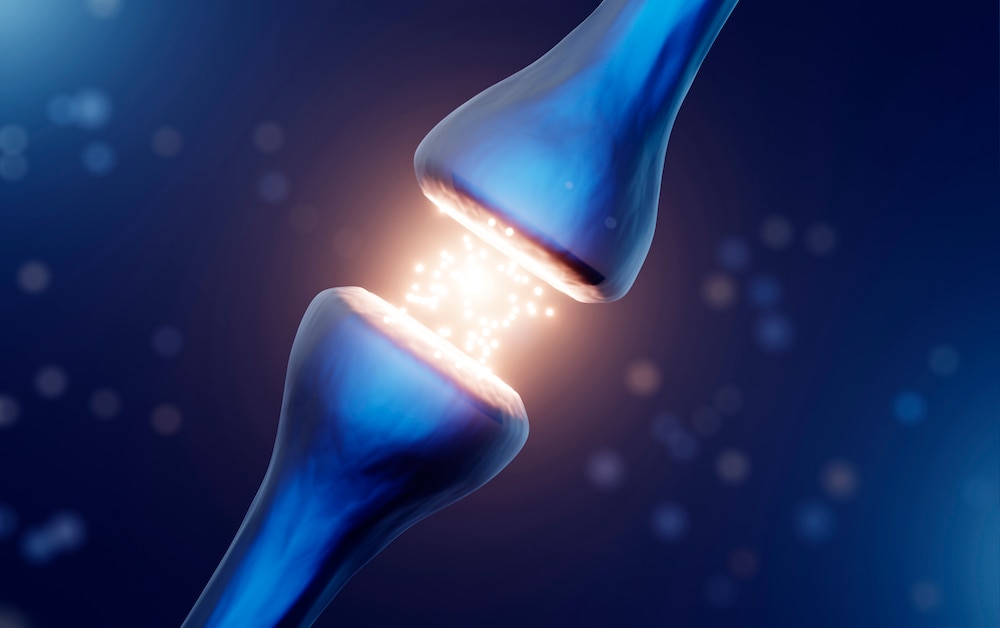Create a free profile to get unlimited access to exclusive videos, sweepstakes, and more!
Schizophrenia might have an autoimmune cause
Most minds are at war with themselves, some more than others.

John Nash famously endured schizophrenia throughout his life while simultaneously becoming one of the world’s most influential mathematicians. His life story served as the inspiration for Sylvia Nasar’s biographical book A Beautiful Mind, and later a biopic of the same name, starring Russel Crowe.
Schizophrenia affects 1 out of every 300 people, worldwide, according to the World Health Organization, and manifests in myriad ways impacting the way an individual perceives the world around them. Just as the experience of individuals with schizophrenia are varied and complex, so too are the causes. To date, scientists have been unable to identify a single cause of the disease, perhaps because there is no one single cause. However, recent research has revealed that at least a subset of schizophrenia cases may have an autoimmune origin.
Researchers from the Tokyo Medical and Dental University Graduate School, and colleagues, isolated a particular autoantibody found in a fraction of schizophrenia patients and tested whether it might have a causal effect on the disease. Their findings were published in the journal Cell Reports Medicine.
Previous research had identified NCAM1 as a potential target for the emergence of schizophrenia, so that’s where researchers set their sights. NCAM1, which stands for Neural Cell Adhesion Molecule, plays a role in facilitating communication between brain cells in healthy patients. However, in individuals with schizophrenia, that neural relationship is disrupted.
To test for a disrupting factor in NCAM1, scientists studied 201 healthy control patients and 223 patients diagnosed with schizophrenia. Each study participant underwent ELISA analysis and cell-based assay, looking for an anti-NCAM1 autoantibody. They found the presence of an autoantibody in 12 of the schizophrenia patients, accounting for about 5.4% of the sample. That suggested it may play a role in the disease in at least a subset of cases.
Of course, simply the presence of an antibody in patients already diagnosed with schizophrenia doesn’t necessarily equate to a causal relationship. Scientists needed to understand if the autoantibody was a causal factor. To do that, they isolated and purified the autoantibody from the study participants and introduced them to mice via the cerebrospinal fluid. The idea being that if the antibodies were causing a disruption in NCAM1 and, subsequently causing schizophrenia symptoms, they should see a change in behavior in the mice. They did.
The behavior of the impacted mice began to change, mimicking what happens in schizophrenia patients. Symptoms included cognitive impairment and a reduction in the startle reflex, both of which are indicative of schizophrenia. Moreover, researchers observed a reduction in the number of spines and synapses in the frontal cortex.
There are still several open questions. For instance, it’s unclear if anti-NCAM1 autoantibodies are congenital or emerge later in life. It’s also unclear if their presence, taken in isolation, is enough to result in schizophrenia, or if it is one of several factors which contributes to the disease. The results of the study seem to suggest this may be the case, depending on the concentration of anti-NCAM1 autoantibodies. On one end of the spectrum, purified antibodies from some schizophrenia patients were enough to result in schizophrenia symptoms in mice. On the other end, there were two healthy subjects with low concentrations of the same antibodies who did not exhibit any symptoms.
Further research is needed to more fully understand the relationship between autoantibodies and schizophrenia, but this could open up new avenues for diagnosis and potential treatments. The mind is beautiful, but it’s also weirdly inconsistent.


























